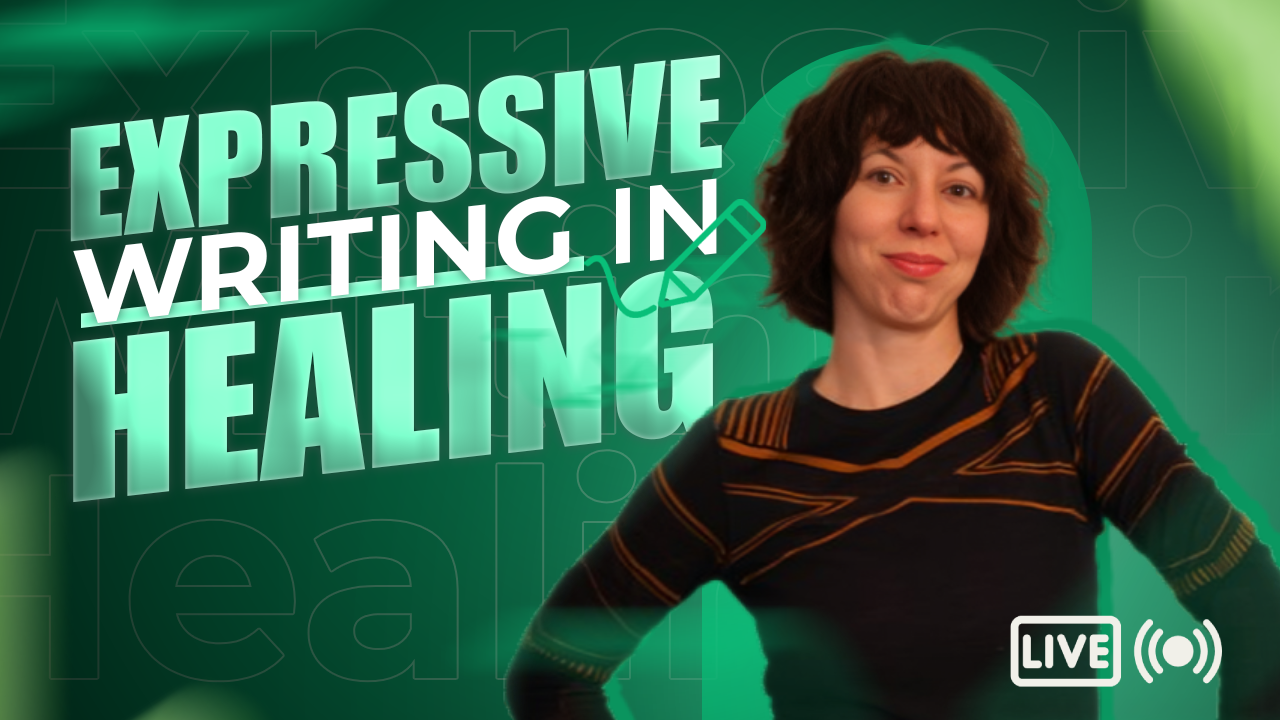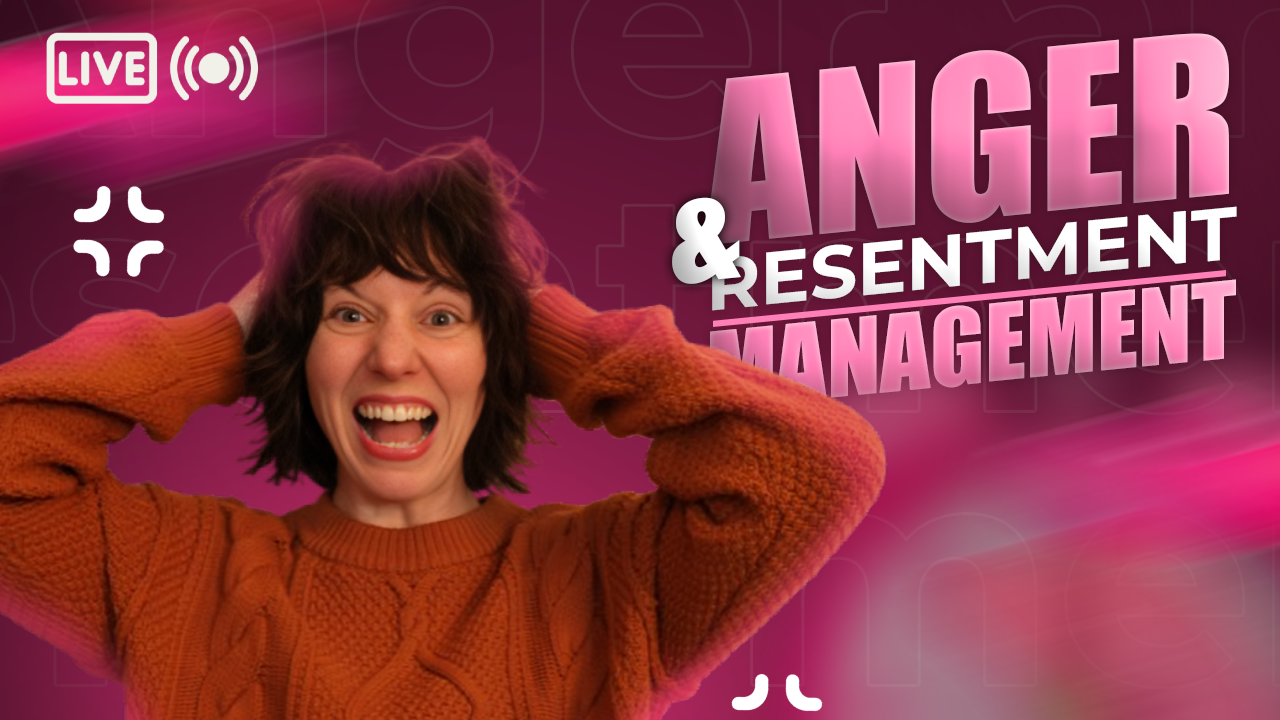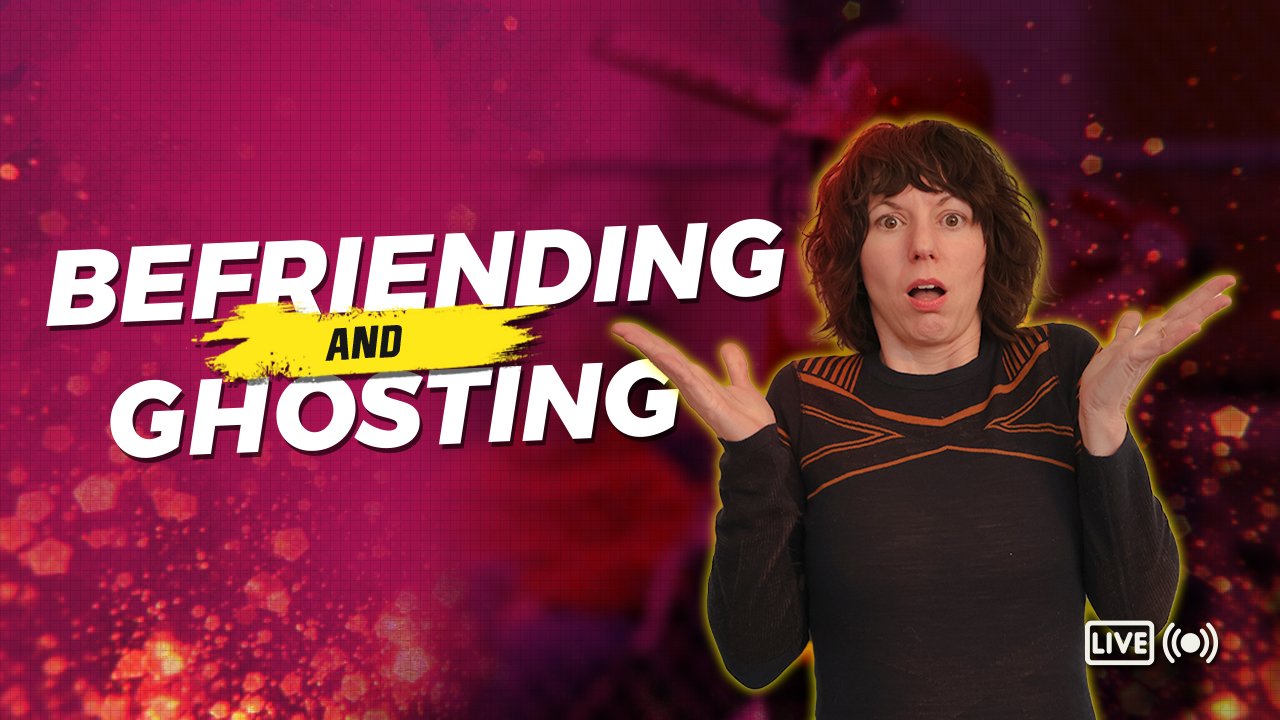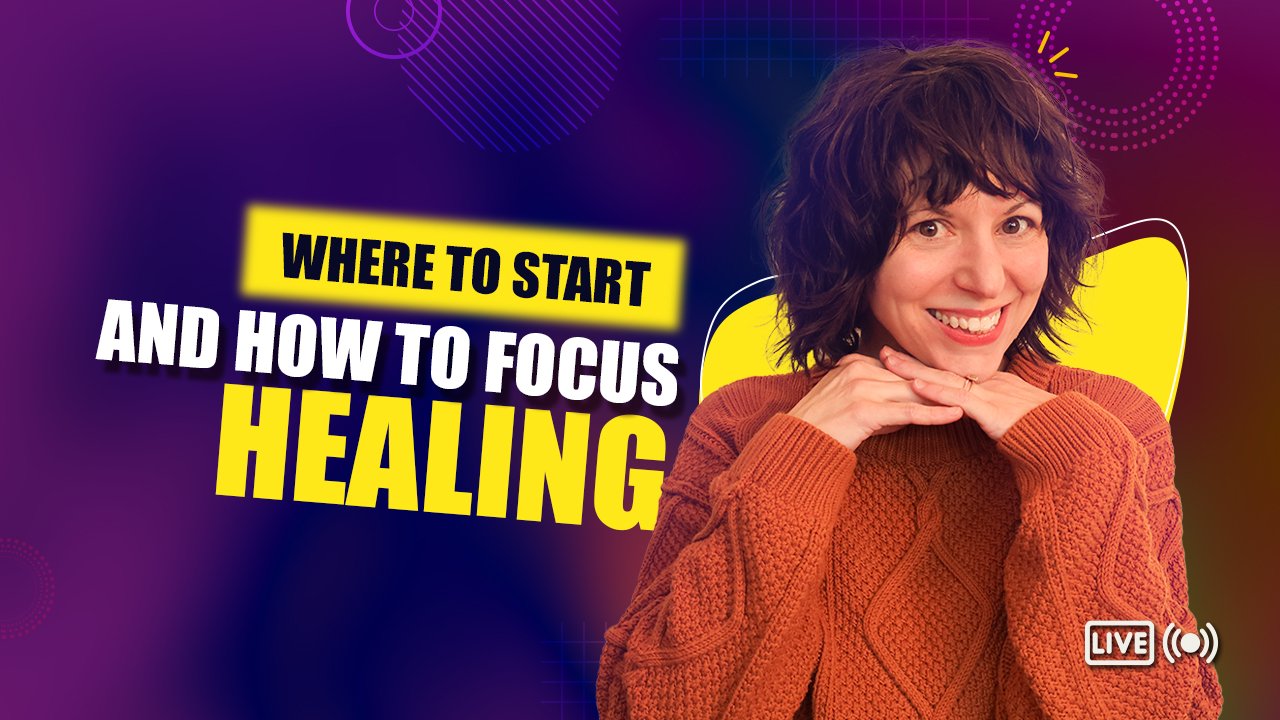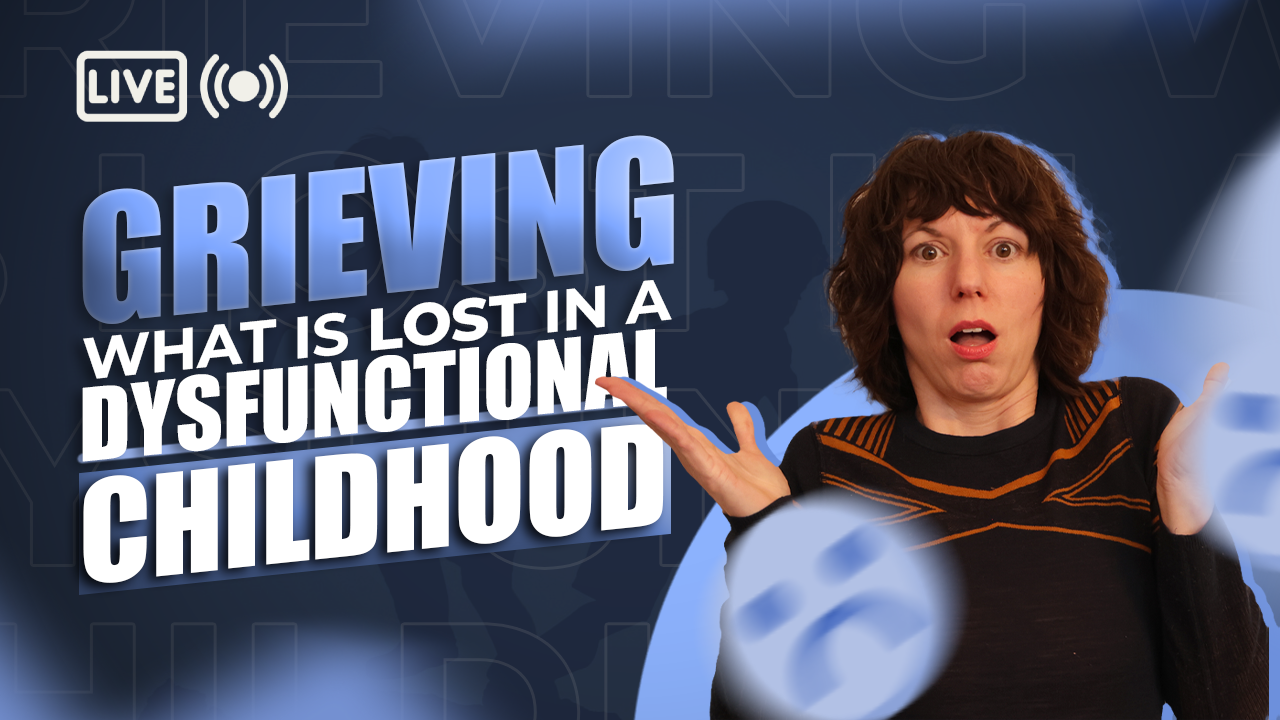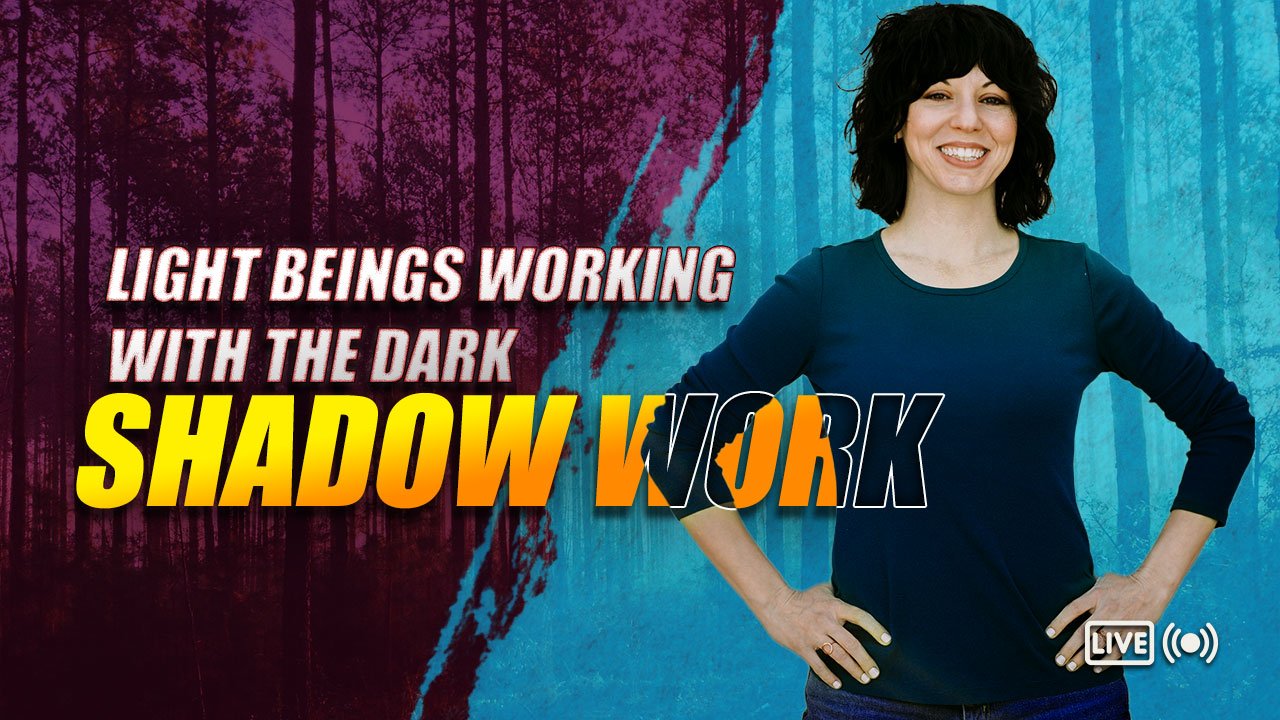Creating Healthy Relationships to heal Trauma: Avoid Drama and Theatrics
In this episode, I'm going to explore the distinction between drama and theatrics, and share my own personal journey of self-discovery. Through my story, I'm hoping to help viewers gain insight into their own lives and learn how to better respect their most precious resources of time and energy. I'm also going to outline how to take the reins of your life, own your emotional intensity and build healthier containers for yourself. Join me as I discuss drama versus theatrics, and the empowerment of choosing less drama with consistency.
Why is it important to create healthier relationships free of drama and theatrics?
Creating healthier relationships free of drama and theatrics is an important step for anyone dealing with trauma. Drama and theatrics can be a sign of unhealthy communication and can lead to further trauma by forcing people to relive painful memories. Having healthier relationships can help reduce the amount of stress and trauma that one experiences on a daily basis. It can also create a healthier space for people to share their experiences and feelings in a respectful way.
Additionally, healthier relationships free of drama and theatrics can help people manage their emotions. When people are surrounded by drama and theatrics, it can be difficult to stay in control of their emotions. Creating healthier relationships can give people the opportunity to practice managing their emotions in a supportive environment. This can help people gain the skills they need to manage their emotions on their own and build stronger relationships with others.
Here are the steps you need to follow:
1. Defining the difference between drama and theatrics
2. Recognizing the choice to create drama or to choose low drama
3. Taking the reins of your life with insight, personal responsibility, and dedication to choose a healthier life.
1. Defining the difference between drama and theatrics
Defining the difference between drama and theatrics can be a difficult concept to grasp. Drama is often seen as a part of life, something that is unavoidable and necessary to experience. It can refer to a situation that is emotionally charged, such as a death or a traumatic event. Theatrics, on the other hand, is a form of expression that is intentionally performed for an audience. It is typically done for entertainment purposes and is usually seen as an exaggerated version of reality.
The main difference between drama and theatrics is the intent behind them. Drama is often unintentional, happening as a part of life, while theatrics is intentional and done for entertainment or creative purposes. An example of this is the story of my mother punching the dashboard of the car when her wedding song (from her ex-marriage) came on the radio. This was an example of unintentional drama, as it was not done with an intent to entertain or be theatrical.
The distinction between drama and theatrics can also be helpful in understanding how to express emotions in a healthy way. When emotions are left unaddressed or unexpressed, they can lead to unhealthy coping mechanisms, such as substance abuse or self-harm. However, when emotions are expressed in a theatrical way, it can allow for a constructive outlet and an opportunity to process and cope with them.
2. Recognizing the choice to create drama or to choose low drama
Recognizing the choice to create drama or to choose low drama begins with understanding the differences between trauma, drama, and theatrics. Trauma is an unwanted part of life that sometimes occurs when we experience an event that is very intense, sudden, and harmful. While drama is the act of putting energy into making mountains out of molehills. It is the act of taking a spark and throwing gasoline on it, making something bigger than it needs to be and bigger than it would serve us to be. Theatrics, on the other hand, is the act of being passionately expressive and intense with wonder and insight. It is the act of being flamboyant and colorful in one's expression.
When it comes to choosing between drama and low drama, it is important to remember that we are in control of our lives and the choices we make as adults. We can choose to put our energy into creating less drama and clearing it when it does happen. It is important to have compassion when it comes to those who have been exposed to a lot of drama in their childhood, but to also recognize that we have the power to choose low drama for ourselves and to create containers of peace and security. We can recognize our own blind spots and take the reins of our lives in a healthier, freeing, and grounded way. With insight and personal responsibility, we can choose our way into a healthier life and learn the peacefulness of that as a gift to ourselves.
When it comes to learning how to recognize and reframe our automatic reactions to drama, it is important to become aware of our patterns and our triggers. When we become aware of our patterns and triggers, we can take the opportunity to pause and take a step back. We can practice self-compassion and reframe our reactions to be more in line with the values we want to live by. We can choose to express ourselves with clarity and kindness, and practice releasing our grip on the drama.
Additionally, we can learn to recognize our own underlying needs and the needs of those around us. We can learn to meet our own needs in healthy ways, and to approach the needs of those around us with empathy and understanding. When we can recognize our own needs and the needs of others, we can create solutions that will benefit all involved, rather than creating solutions that lead to more drama. Practicing these skills can help reduce the amount of drama we experience in our lives and help us to create a healthier, low-drama environment.
3. Taking the reins of your life with insight, personal responsibility, and dedication to choose a healthier life.
In order to take the reins of your life with insight, personal responsibility, and dedication to a healthier life, it is important to consciously make low drama choices for yourself. This means understanding what triggers you to create drama and make mountains out of molehills. It is also important to start to set boundaries with yourself and other people in order to keep unnecessary drama out of your life. This will help to create a low drama environment and allow you to have the energy to attend to the things that matter.
Finally, it is important to practice self-compassion and empathy. Self-compassion is understanding that you can take steps to acknowledge and reduce drama you may be creating, and know that’s okay. Empathy is understanding what it may be like for others who are creating drama in their lives. Both of these are important for creating a healthier life as it allows you to move forward without guilt or shame.
The next step in recognizing and reducing drama is understanding the importance of self-care. Self-care is the practice of taking time for yourself to relax, recharge, and take care of your physical, mental, and emotional health. It is important to practice self-care on a regular basis in order to reduce stress and take a break from life’s more dramatic moments. Self-care can be anything from spending time alone, engaging in a hobby, or spending time with friends and family.
Finally, it is important to practice mindful living. Mindful living is the practice of being present in the moment and being aware of your thoughts and feelings. Mindfulness helps to reduce stress, anxiety, and depression and can help to reduce the amount of drama in your life. It also allows you to be more aware of your emotions and reactions and helps to create healthier relationships with yourself and other people. By practicing mindful living, it can help to create a healthier life and help to take the reins of your life with insight, personal responsibility, and dedication to choose a healthier life.
In Conclusion
Creating healthier relationships free of drama and theatrics is an important step for anyone dealing with trauma. Having healthier relationships can help reduce stress and the effects of trauma, and give people the opportunity to practice managing their emotions in a safe and supportive environment. Remember, choosing drama is a decision we make, and you have the power to choose low drama and create containers of peace and security. With the right tools and mindset, you can achieve this and create healthier relationships.
I’d love to hear how you apply The Drama Versus Theatrics Solution to get self-awareness, personal responsibility, and dedication.
Episode Tags
- ADD 1
- Abuse 14
- Alcohol 3
- Anger 9
- Bullying 5
- Childhood 37
- Codependency 8
- Covid 4
- Crystal Catalina 4
- Depression 15
- Detachment 2
- Disassociation 4
- Emotions 74
- Existentialism 2
- Faith 1
- Family 25
- Fatigue 4
- Focus 3
- Gratitude 11
- Grief 10
- Guilt 2
- Healers 7
- Healing 51
- High Sensation 4
- Hope 1
- Hypervigilance 7
- Introverts 6
- Lonliness 7
- Love 3
- Manifesting 5
- Manipulation 19
- Men 1
- Mindfulness 38
- Money 10
- Music 3
- Nutrition 2
- Overthinking 8
- PTSD 11
- Parenting 12
- People Pleasing 7
- Perfectionism 6
- Pets 4
- Relationships 13
- Resiliency 12
- Sadness 1
- Self Esteem 16
- Self Love 11
- Self Respect 1
- Self-Care 24
- Sex 1
Upcoming Events
Episode Tags
- ADD 1
- Abuse 14
- Alcohol 3
- Anger 9
- Bullying 5
- Childhood 37
- Codependency 8
- Covid 4
- Crystal Catalina 4
- Depression 15
- Detachment 2
- Disassociation 4
- Emotions 74
- Existentialism 2
- Faith 1
- Family 25
- Fatigue 4
- Focus 3
- Gratitude 11
- Grief 10
- Guilt 2
- Healers 7
- Healing 51
- High Sensation 4
- Hope 1
- Hypervigilance 7
- Introverts 6
- Lonliness 7
- Love 3
- Manifesting 5
- Manipulation 19
- Men 1
- Mindfulness 38
- Money 10
- Music 3
- Nutrition 2
- Overthinking 8
- PTSD 11
- Parenting 12
- People Pleasing 7
- Perfectionism 6
- Pets 4
- Relationships 13
- Resiliency 12
- Sadness 1
- Self Esteem 16
- Self Love 11
- Self Respect 1
- Self-Care 24
- Sex 1













